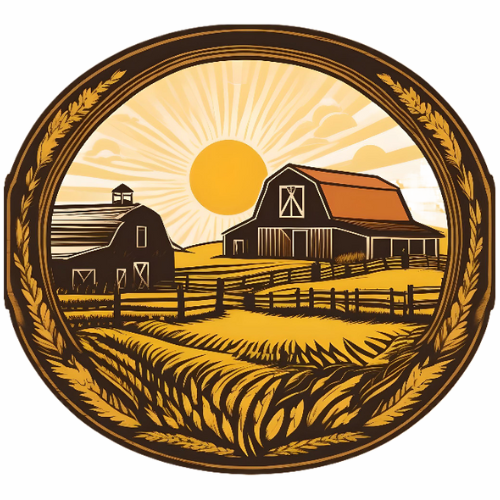Farms and ranches offer diverse opportunities for vocational training, rehabilitation, internships, and apprenticeships.
These programs can be valuable for various groups, including foster youth, veterans, individuals recovering from addiction, and those seeking career changes. Here's an overview of how farms and ranches provide these opportunities:
Vocational Training:
Vocational Training:
- Crop Management: Training in planting, cultivating, and harvesting various crops.
- Animal Husbandry: Teaching care for livestock, including feeding, health management, and breeding.
- Equipment Operation: Instruction on using and maintaining farm machinery.
- Sustainable Practices: Education on organic farming, permaculture, and regenerative agriculture.
- Food Processing: Training in post-harvest handling, preservation, and value-added product creation.
Vocational Rehabilitation:
- Therapeutic Horticulture: Using gardening and plant care as part of rehabilitation programs.
- Animal-Assisted Therapy: Working with farm animals to aid in physical and mental health recovery.
- Structured Work Programs: Providing routine and purpose through farm tasks for individuals recovering from trauma or addiction.
Internships:
- Seasonal Internships: Short-term programs aligned with growing seasons or specific farm projects.
- Research Internships: Collaborations with universities for agricultural or environmental studies.
- Marketing and Business Internships: Focusing on farm business operations, farmers' markets, and direct-to-consumer sales.
- Sustainability Internships: Programs centered on developing and implementing eco-friendly farming practices.
Apprenticeships:
- Farm Management Apprenticeships: Long-term, comprehensive training in all aspects of farm operations.
- Specialized Craft Apprenticeships: Focus on specific areas like cheese-making, viticulture, or artisanal food production.
- Regenerative Agriculture Apprenticeships: In-depth training in sustainable and restorative farming practices.
- Ranch Management Apprenticeships: Learning about livestock management, grazing systems, and rangeland ecology.
Specific Program Structures:
- Work-Study Programs: Combining hands-on work with classroom or online learning.
- Residential Programs: Providing housing on-site for immersive learning experiences.
- Mentorship Programs: Pairing learners with experienced farmers or ranchers.
- Incubator Farms: Offering land and resources for new farmers to start their own small-scale operations.
Skills Developed:
- Technical Agricultural Skills: Soil management, pest control, irrigation techniques, etc.
- Business Skills: Budgeting, marketing, sales, and financial planning for agricultural enterprises.
- Soft Skills: Teamwork, communication, problem-solving, and leadership.
- Sustainable Living Skills: Off-grid systems, waste reduction, and sustainable resource management.
Partnerships and Funding:
- Collaboration with educational institutions for accredited programs.
- Partnerships with government agencies for rehabilitation and job training initiatives.
- Grants and funding from agricultural organizations and sustainable development non-profits.
These programs not only provide valuable skills and experience but also offer therapeutic benefits, community connection, and pathways to sustainable livelihoods. They can be particularly impactful for individuals facing barriers to traditional employment or those seeking a career aligned with environmental stewardship.
